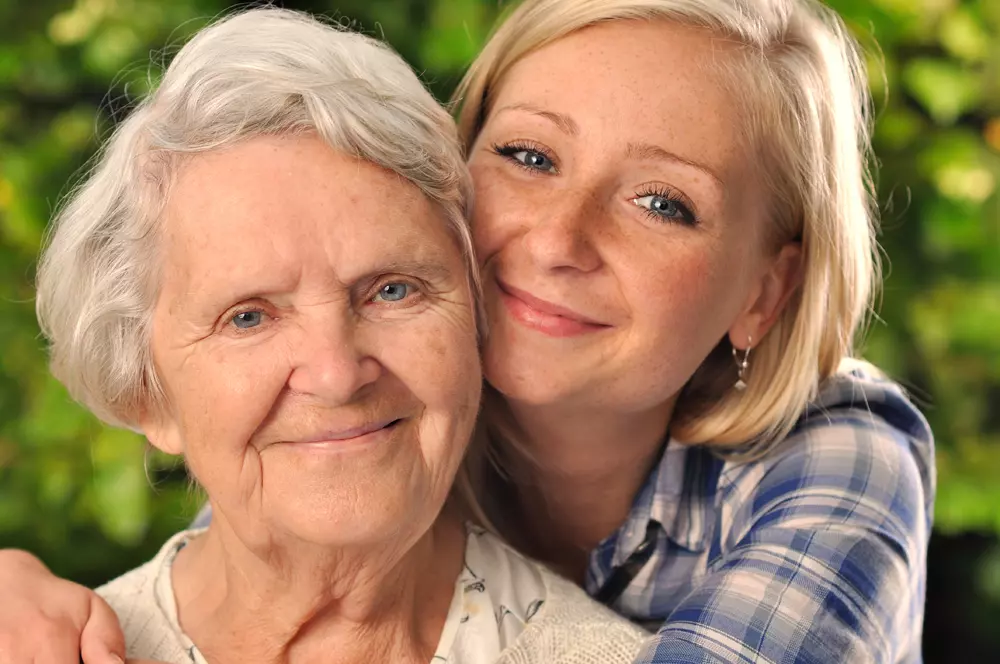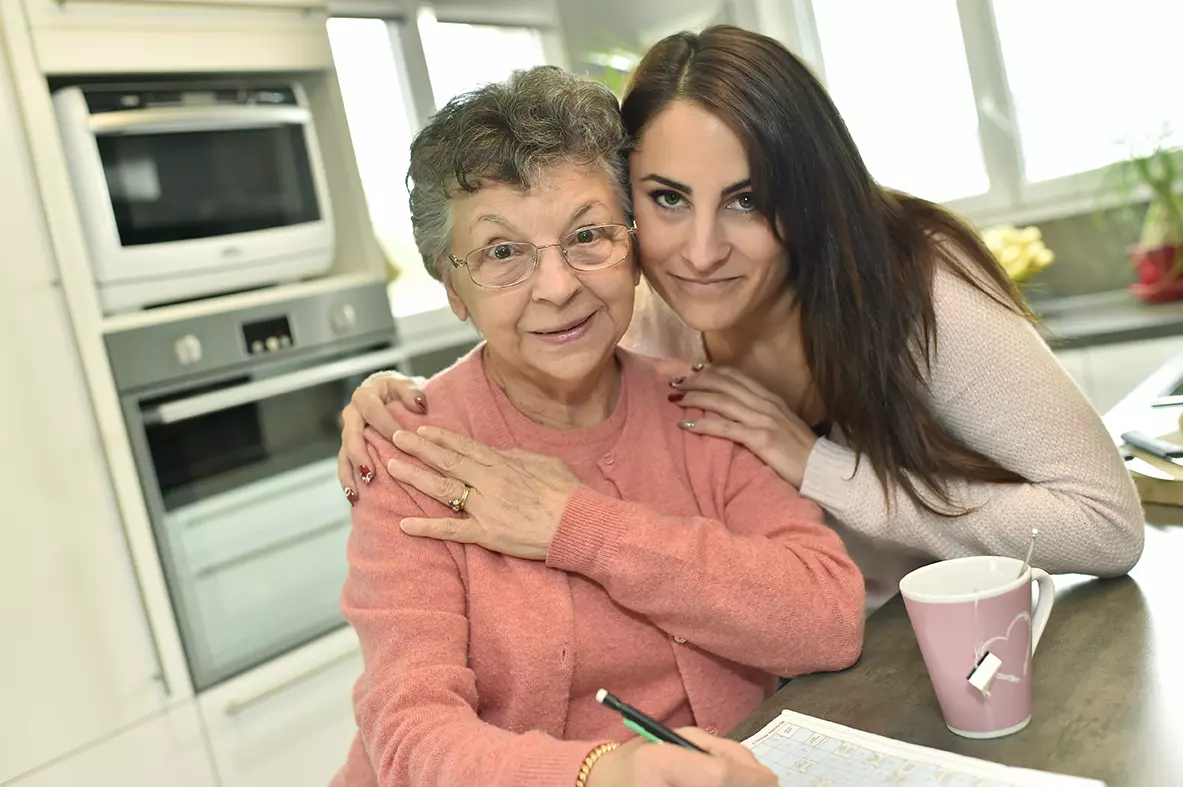
Hypertension, or high blood pressure, is a common health concern among the elderly. As we age, the risk of developing hypertension increases, making it a significant contributor to cardiovascular problems. In this comprehensive guide, we will explore the challenges of managing hypertension in the elderly and provide valuable insights into maintaining cardiovascular health.
Understanding hypertension in the elderly
Hypertension occurs when the force of blood against the walls of the arteries is consistently too high. In older adults, this condition often develops due to factors such as age-related changes in blood vessels, genetics, and lifestyle choices. It is crucial to recognize the potential consequences of uncontrolled hypertension, including heart disease, stroke, kidney damage, and more.
Risk factors for hypertension in the elderly
Find YOUR ideal care home NOW!
Several factors contribute to hypertension in the elderly:
-
Age: As we age, our blood vessels become less flexible, increasing the risk of high blood pressure.
-
Family history: A family history of hypertension can predispose individuals to the condition.
-
Lifestyle choices: Unhealthy habits like a high-sodium diet, lack of physical activity, smoking, and excessive alcohol consumption can raise blood pressure.
-
Chronic conditions: Conditions such as diabetes and obesity can increase the risk of hypertension.
The importance of regular monitoring
Early detection is critical in managing hypertension in the elderly. Regular blood pressure monitoring, both at home and during medical check-ups, allows for timely intervention. Home blood pressure monitors are readily available and offer a convenient way for seniors to track their blood pressure between doctor visits.
Lifestyle modifications
Lifestyle changes play a pivotal role in managing hypertension:
-
Diet: Adopt a heart-healthy diet rich in fruits, vegetables, whole grains, lean proteins, and low-fat dairy while limiting sodium intake.
-
Exercise: Engage in regular physical activity, such as walking, swimming, or yoga, to maintain a healthy weight and lower blood pressure.
-
Smoking cessation: Quit smoking to reduce the risk of heart disease and lower blood pressure.
-
Alcohol moderation: Limit alcohol consumption to moderate levels, as excessive drinking can raise blood pressure.
Medications and treatment
In some cases, lifestyle changes alone may not be sufficient to manage hypertension in the elderly. Physicians may prescribe medications to lower blood pressure. It's essential for seniors to adhere to their medication regimen and communicate any side effects or concerns with their healthcare provider.
Regular check-ups and monitoring
Elderly individuals with hypertension should attend regular check-ups with their healthcare provider. These visits allow for medication adjustments, monitoring for potential complications, and addressing any changes in health.
Emotional and mental well-being
Managing hypertension involves more than physical health. Seniors should prioritize emotional and mental well-being by reducing stress through relaxation techniques, hobbies, and social engagement. Stress reduction can help lower blood pressure and enhance overall quality of life.
Lifestyle Modifications to Manage Hypertension in Seniors
| Lifestyle Change | Benefits | Recommendations |
|---|---|---|
| Heart-Healthy Diet | Lowers blood pressure, reduces cholesterol, and improves heart health. | Eat more fruits, vegetables, whole grains, and lean proteins while limiting salt. |
| Regular Exercise | Strengthens the heart and improves circulation. | Engage in 150 minutes of moderate activity per week (e.g., walking, swimming). |
| Quit Smoking | Reduces heart disease risk and improves circulation. | Seek support groups or nicotine replacement therapy. |
| Limit Alcohol | Prevents blood pressure spikes and liver damage. | Keep intake moderate (one drink per day for women, two for men). |
| Weight Management | Reduces strain on the heart and lowers blood pressure. | Maintain a balanced diet and active lifestyle. |
| Stress Reduction | Prevents blood pressure spikes due to anxiety. | Practice meditation, yoga, or hobbies to relax. |
| Regular Monitoring | Detects changes in blood pressure early. | Use a home monitor and have routine doctor visits. |
Hypertension in the elderly is a prevalent condition that requires careful management to prevent serious health complications. With regular monitoring, lifestyle modifications, proper medication adherence, and emotional well-being, elderly individuals can successfully manage hypertension and maintain cardiovascular health. By prioritizing their heart health, seniors can enjoy a fulfilling and active lifestyle well into their golden years.
FAQ:
1. What causes hypertension in the elderly?
Aging, reduced artery elasticity, poor diet, lack of exercise, smoking, and chronic conditions like diabetes can contribute to high blood pressure.
2. What is a normal blood pressure range for seniors?
For most older adults, a healthy range is below 130/80 mmHg. However, individual targets may vary based on overall health.
3. How can seniors monitor their blood pressure at home?
Use an automatic blood pressure monitor and take readings at the same time each day, recording the results to share with a doctor.
4. Can hypertension be managed without medication?
In some cases, lifestyle changes like diet, exercise, and stress reduction can control mild hypertension, but medication may be required for higher levels.
5. What foods should seniors eat to lower blood pressure?
A DASH (Dietary Approaches to Stop Hypertension) diet, rich in fruits, vegetables, whole grains, lean proteins, and low-fat dairy, can help.
6. How does stress affect blood pressure?
Chronic stress can cause temporary spikes in blood pressure, which may lead to long-term hypertension if not managed.
7. How does smoking contribute to high blood pressure?
Nicotine causes blood vessels to narrow, raising blood pressure and increasing the risk of heart disease.
8. What are the symptoms of hypertension?
Most cases are asymptomatic, but severe hypertension may cause headaches, dizziness, nosebleeds, or blurred vision.
9. Can seniors exercise with high blood pressure?
Yes, moderate activities like walking, swimming, and yoga are safe and beneficial, but they should consult a doctor before starting a new exercise routine.
10. Why is medication adherence important for seniors with hypertension?
Skipping doses can lead to uncontrolled blood pressure, increasing the risk of heart attack, stroke, and kidney disease.
Senior Home Plus is here to guide you:
We are here to help you choose a care home or facility best suited to your needs. Do not hesitate to contact us on the following number: 0230 608 0055 or fill out this form.
Do you need a care home for yourself or your loved one?
Share this article :
Latest posts
You are looking for an establishment for your loved one ?
Get availability & prices
Fill in this form and receive
all the essential information
We would like to inform you of the existence of the opposition list for telephone canvassing.











